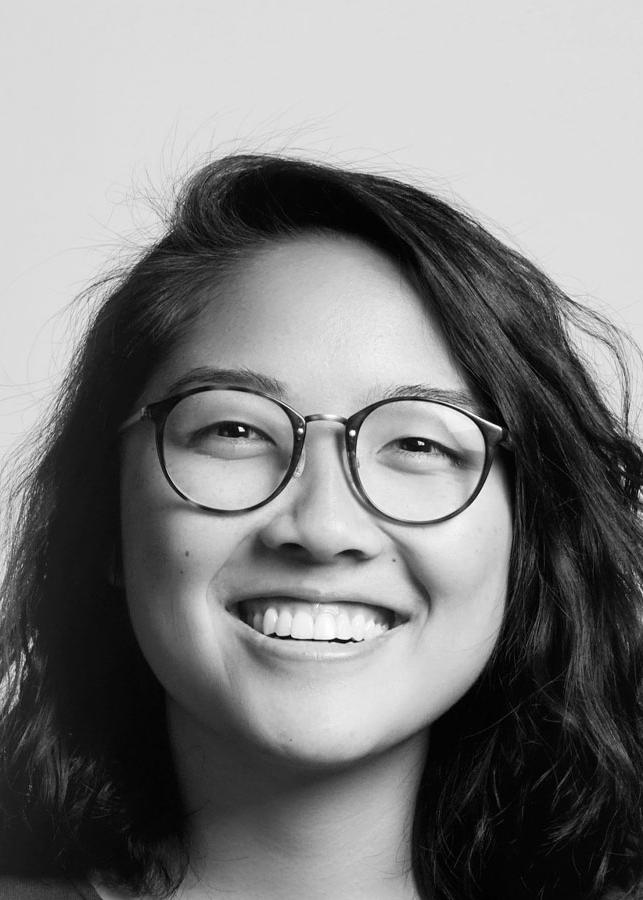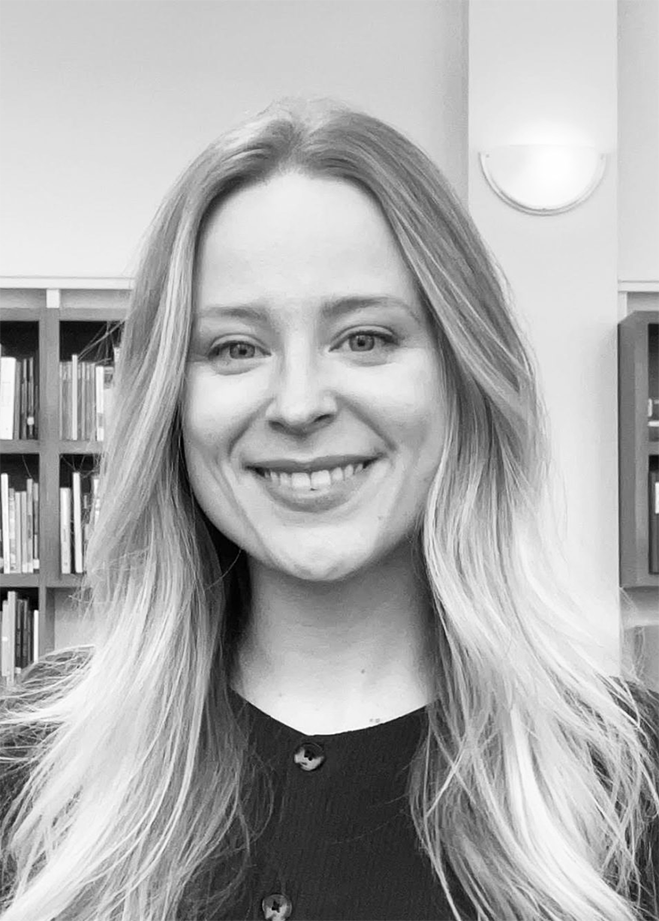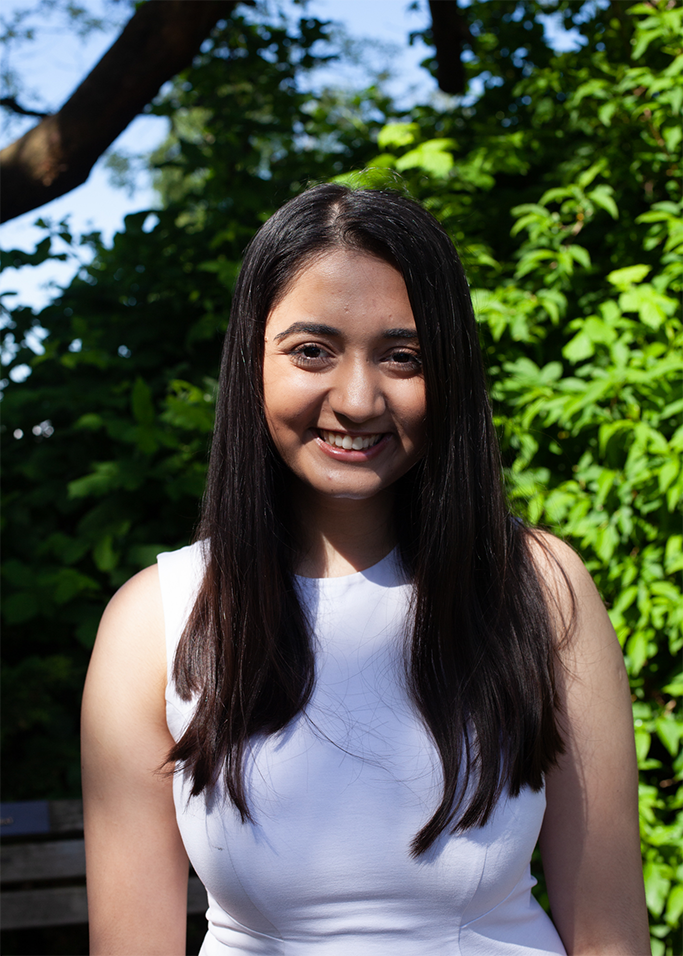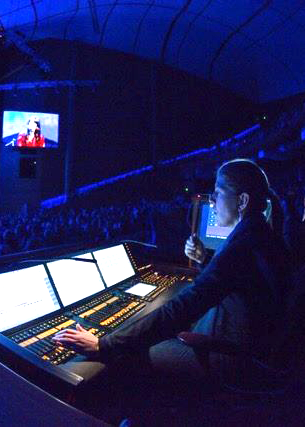Gregory Tiersma-Woollgar
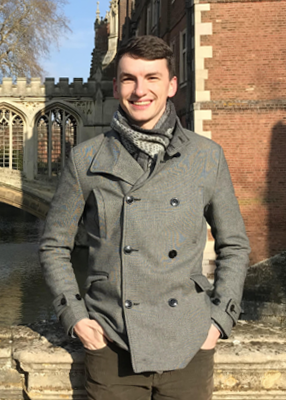
Why did you choose your program at UBC and what did you enjoy most about it?
The determining factors which directed my choice of UBC – and which I still consider its unique advantage to other universities of its caliber – were the international environment and the campus setting amidst nature. Knowing that I was in a top tier research instruction and that the humanities courses I wanted to pursue would be taught by top professors was certainly important. This reputation was a good assurance that I would get a good education – and the nature and international cohort would ensure I would have a healthy and stimulating environment to learn.
My original plan to pursue a double major in Art History and International Relations was narrowed to just the former. I quickly found the Art History department to be stimulating and full of potential. Doors were opened for me to ask philosophical and aesthetic questions, to travel, and to work in cultural institutions. My four years at UBC were marked by an ever increasing passion for the study art and how I could fit into the field, which was especially aided by the nearby museums on campus and in Vancouver.
What were some of your most meaningful experiences at UBC?
I started my UBC experience in Arts One, which was the most beautiful introduction into university life – full of new questions and methods, an intense workload, and ultimately directed by student discussions. I learned an incredible amount from my peers and felt better prepared to approach seminars in the following years. It was invaluable to learn from my first course at university the importance of self-directed education and the irreplaceable input of fellow students.
What choices did you make at UBC that contributed to your career success / journey?
I am very glad to have worked alongside my degree in the final years of my bachelors. I found an internship placement at the Rennie Collection, an internationally prominent private art collection, which gave me the outlet to learn professional skills such as art databases, curatorial writing, and gain exposure to the art market. Not only did this put my education into context, but also it gave me a great advantage in looking for employment after graduation.
What was your first job after graduation and what other jobs did you have before your current position?
After graduating, I moved to Seattle after being offered a position with Paul G. Allen’s art collection, where I was supported by their great resources and expertise. I received an entire education in the private art market from curation and publications to shipping and legal matters.
In order to deepen my education and stay closer to art and ideas, I enrolled at the University of Oxford for a Masters in Art History. The quality of education, history and traditions proved to be the ideal place to study art. Each day was brimming full of special lectures, dinners, and debates. I wrote my master’s thesis on artistic legacy – the intersection between artist estates and the theory of artistic reception. This put me on the radar of my current employer, Galerie Gmurzynska, who hired me to work in the art research department in Zürich, Switzerland. My academic preparation and art market knowledge demonstrated to be a perfect fit.
Is your current career path as you originally intended? What challenges did you face in launching your career?
The headwinds I faced in starting my career were admittedly much lighter than I expected, especially for the stereotypically adverse prospects for an art historian. I did find that it was necessary to pursue opportunities abroad and that I could not stay indefinitely in Vancouver. Moving frequently, with its associated visa, family, and language difficulties, can be discouraging.
What do you like about your current job and what do you find challenging? How does it relate to your degree?
The best feature of my job is that I am always next to a large pile of old books. My job consists of scouring through books for under-recognized art historical information and I always have the feeling of how alive and recent history is. I also love that I am able to travel a lot to witness and organize remarkable projects and exhibitions happening around the world.
My role is challenging because – as with most institutions in the arts, they are not large – so every day I find myself multi-tasking and filling many roles, which would otherwise at a larger company be staffed by many departments.
From your experience, what has been the value of having an Arts degree?
Arts students are adaptable and curious. I see these traits very clearly in my friends with similar backgrounds and because of their adaptability and curiosity, they find themselves in unique opportunities, which one could never plan on.
What advice would you give to students and alumni interested in breaking into your industry?
Look at – and read about – as much art as possible.
What advice would you give to your first-year self?
Never say no to a sunset at Wreck Beach.
Gregory Tiersma-Woollgar



Why did you choose your program at UBC and what did you enjoy most about it?
The determining factors which directed my choice of UBC – and which I still consider its unique advantage to other universities of its caliber – were the international environment and the campus setting amidst nature. Knowing that I was in a top tier research instruction and that the humanities courses I wanted to pursue would be taught by top professors was certainly important. This reputation was a good assurance that I would get a good education – and the nature and international cohort would ensure I would have a healthy and stimulating environment to learn.
My original plan to pursue a double major in Art History and International Relations was narrowed to just the former. I quickly found the Art History department to be stimulating and full of potential. Doors were opened for me to ask philosophical and aesthetic questions, to travel, and to work in cultural institutions. My four years at UBC were marked by an ever increasing passion for the study art and how I could fit into the field, which was especially aided by the nearby museums on campus and in Vancouver.
What were some of your most meaningful experiences at UBC?
I started my UBC experience in Arts One, which was the most beautiful introduction into university life – full of new questions and methods, an intense workload, and ultimately directed by student discussions. I learned an incredible amount from my peers and felt better prepared to approach seminars in the following years. It was invaluable to learn from my first course at university the importance of self-directed education and the irreplaceable input of fellow students.
What choices did you make at UBC that contributed to your career success / journey?
I am very glad to have worked alongside my degree in the final years of my bachelors. I found an internship placement at the Rennie Collection, an internationally prominent private art collection, which gave me the outlet to learn professional skills such as art databases, curatorial writing, and gain exposure to the art market. Not only did this put my education into context, but also it gave me a great advantage in looking for employment after graduation.
What was your first job after graduation and what other jobs did you have before your current position?
After graduating, I moved to Seattle after being offered a position with Paul G. Allen’s art collection, where I was supported by their great resources and expertise. I received an entire education in the private art market from curation and publications to shipping and legal matters.
In order to deepen my education and stay closer to art and ideas, I enrolled at the University of Oxford for a Masters in Art History. The quality of education, history and traditions proved to be the ideal place to study art. Each day was brimming full of special lectures, dinners, and debates. I wrote my master’s thesis on artistic legacy – the intersection between artist estates and the theory of artistic reception. This put me on the radar of my current employer, Galerie Gmurzynska, who hired me to work in the art research department in Zürich, Switzerland. My academic preparation and art market knowledge demonstrated to be a perfect fit.
Is your current career path as you originally intended? What challenges did you face in launching your career?
The headwinds I faced in starting my career were admittedly much lighter than I expected, especially for the stereotypically adverse prospects for an art historian. I did find that it was necessary to pursue opportunities abroad and that I could not stay indefinitely in Vancouver. Moving frequently, with its associated visa, family, and language difficulties, can be discouraging.
What do you like about your current job and what do you find challenging? How does it relate to your degree?
The best feature of my job is that I am always next to a large pile of old books. My job consists of scouring through books for under-recognized art historical information and I always have the feeling of how alive and recent history is. I also love that I am able to travel a lot to witness and organize remarkable projects and exhibitions happening around the world.
My role is challenging because – as with most institutions in the arts, they are not large – so every day I find myself multi-tasking and filling many roles, which would otherwise at a larger company be staffed by many departments.
From your experience, what has been the value of having an Arts degree?
Arts students are adaptable and curious. I see these traits very clearly in my friends with similar backgrounds and because of their adaptability and curiosity, they find themselves in unique opportunities, which one could never plan on.
What advice would you give to students and alumni interested in breaking into your industry?
Look at – and read about – as much art as possible.
What advice would you give to your first-year self?
Never say no to a sunset at Wreck Beach.
